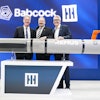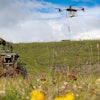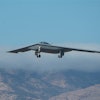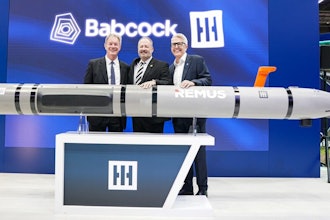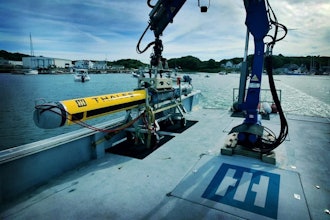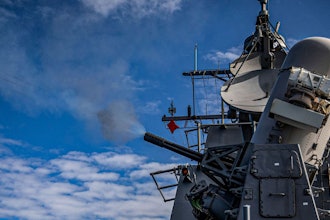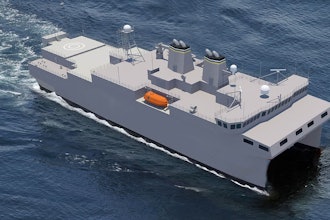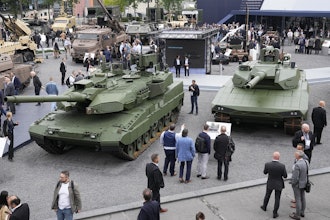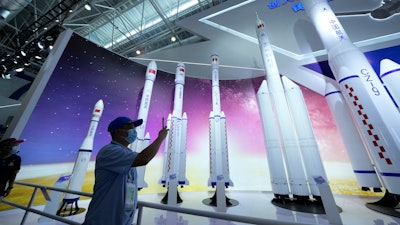
BEIJING (AP) — China said Monday its launch of a new spacecraft was merely a test to see whether the vehicle could be reused.
The launch involved a spacecraft rather than a missile and was of “great significance for reducing the use-cost of spacecraft and could provide a convenient and affordable way to make a round trip for mankind’s peaceful use of space,” Foreign Ministry spokesperson Zhao Lijian said.
China’s space program is run by its military and is closely tied to its agenda of building hypersonic missiles and other technologies that could alter the balance of power with the United States.
“China will work together with other countries in the world for the peaceful use of space and the benefit of mankind," Zhao said.
Zhao's comments on the test conducted in August came days after China launched a second crew to its space station. Their six-month mission, when completed, will be China’s longest crewed space mission and the three-person crew will set a record for the most time spent in space by Chinese astronauts.
Alongside its space program, China's expansion into hypersonic missile technology and other advanced fields has raised concerns as Beijing becomes increasingly assertive over its claims to seas and islands in the South China and East China Seas and to large chunks of territory along its disputed high-mountain border with India.
U.S. State Department spokesman Ned Price would not comment on intelligence about the August test but noted the U.S. remained concerned about China's expansion of its nuclear capabilities, including delivery systems for nuclear devices.
These developments underscore that (China), as we said before, is deviating from its decades-long nuclear strategy based on minimum deterrence," Price told reporters Monday in Washington.
He said the U.S. was engaging with China about its nuclear capabilities and would continue to maintain the U.S.'s deterrent capabilities against threats to the United States and its allies.
U.S. ally Japan, one of China's chief regional rivals, said it would boost its defenses against what it interpreted as a new offensive Chinese weapon.
Chief Cabinet Secretary Hirokazu Matsuno on Monday called it a “new threat” that conventional equipment would have difficulty dealing with. He said Japan will step up its detection, tracking and shooting-down capability of “any aerial threat.”
China appears to be rapidly pushing development of hypersonic nuclear weapons to gain strike capability that can break through missile defenses, Matsuno said.
He criticized China for increasing its defense spending, particularly for nuclear and missile capabilities, without explaining its intentions.
“China’s rapidly expanding and increased military activity at sea and airspace has become a strong security concern for the region including Japan and the international society,” Matsuno said.

